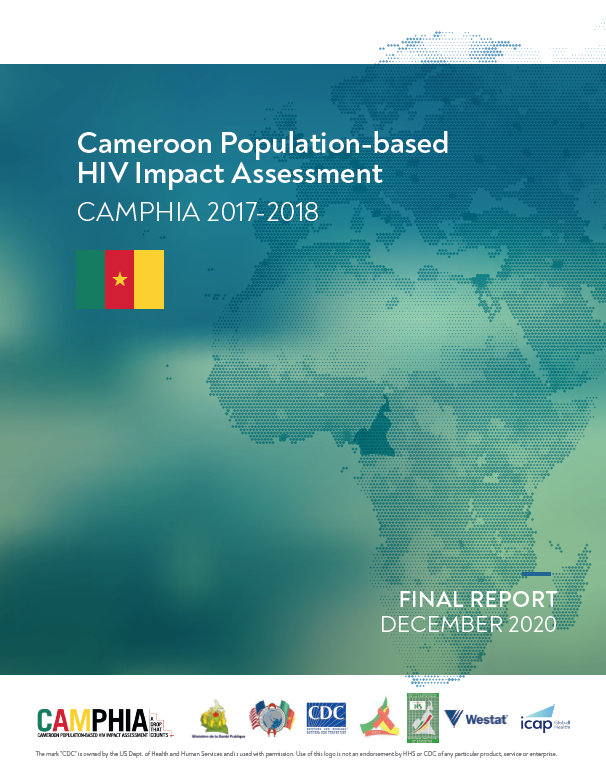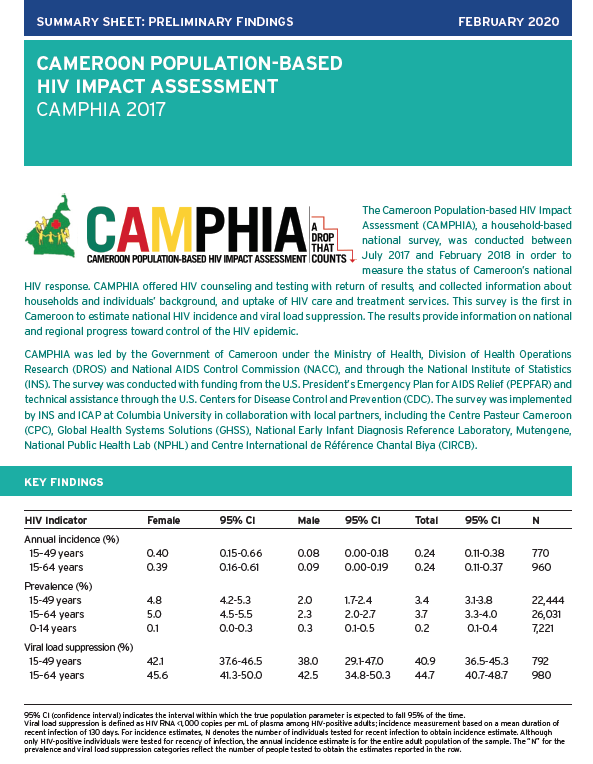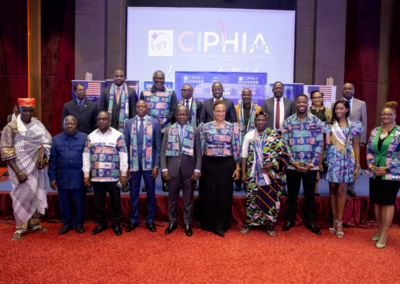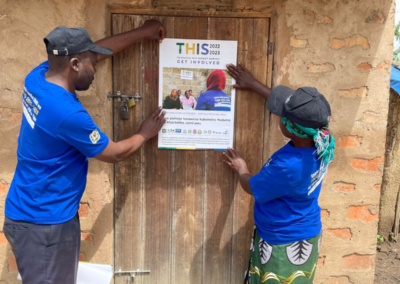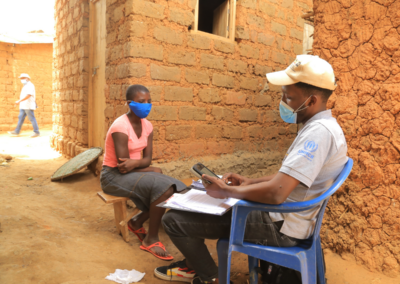The Cameroon Population-based HIV Impact Assessment 2017-2018 (CAMPHIA) was a nationally representative, cross-sectional, population-based survey of households in Cameroon. Conducted between July 2017 and February 2018, the survey focused on measuring key biological endpoints to provide direct estimates of HIV risk and burden, and the effectiveness and population-level impact of HIV-related prevention, care, and treatment interventions implemented in the country.
The primary objectives of CAMPHIA were to estimate the national-level annual HIV incidence among adults (defined as those aged 15-64 years), and the subnational prevalence of viral load (VL) suppression (VLS) (HIV RNA less than 1,000 copies/mL) among HIV-positive adults. Secondary objectives of CAMPHIA were to measure national and regional adult HIV prevalence; national and regional distribution of CD4 counts; detection of antiretrovirals (ARVs) in blood; national prevalence of transmitted HIV drug resistance; national pediatric HIV prevalence; progress toward the “90-90-90” targets defined by the Joint United Nations Programme on HIV and AIDS (UNAIDS); and national prevalence of hepatitis B.
This project is supported by the U.S. President’s Emergency Plan for AIDS Relief (PEPFAR) through the U.S. Centers for Disease Control and Prevention (CDC) under the terms of cooperative agreement #U2GGH001226. The findings and conclusions are those of the authors and do not necessarily represent the official position of the funding agencies.






